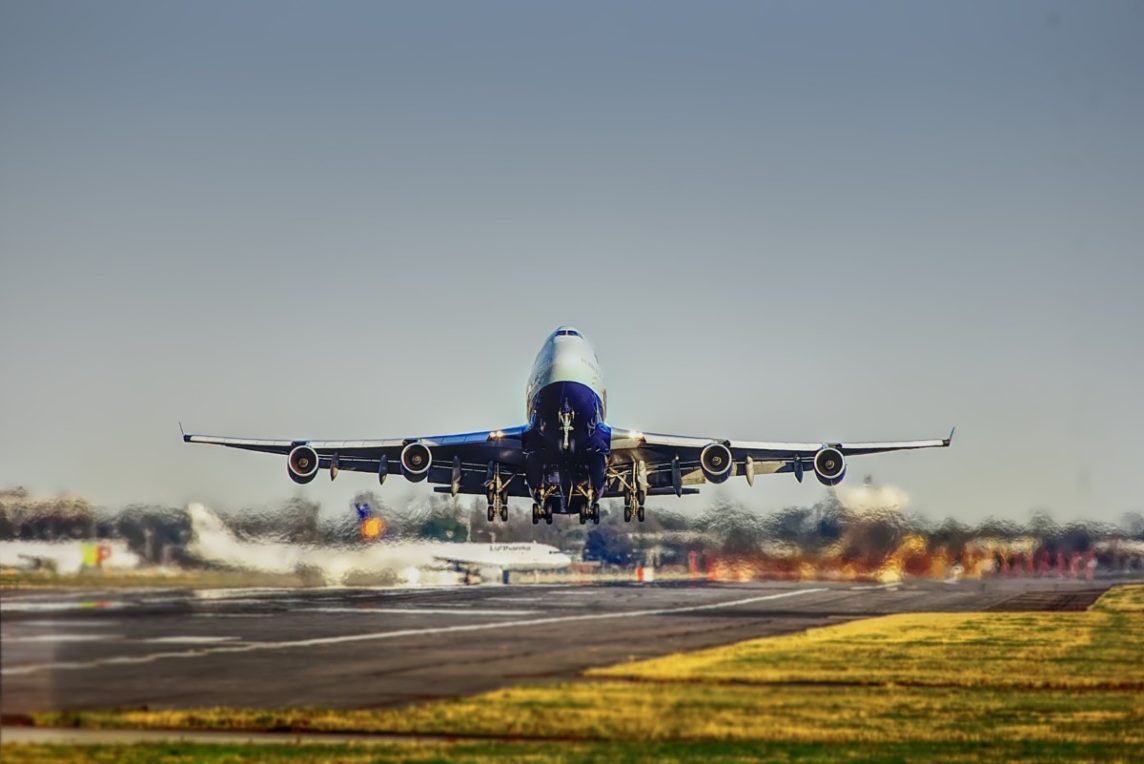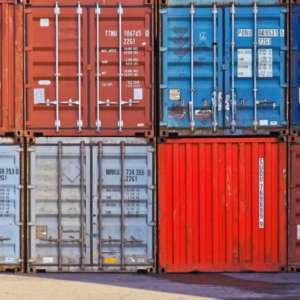In the wake of the Ethiopian Airlines crash that left 157 people dead, leaders around the world are questioning whether regulators are doing enough to prevent these tragedies. Aviation safety is a critical issue, not just for passengers’ peace of mind, but to a global economy that relies on confidence in the people who build, fly, and inspect aircraft.
For supply chain and logistics professionals, aviation safety has an added dimension: air freight. For years, cargo flights have been held to different safety standards than passenger flights, they have maintained a far worse safety record. When an Amazon plane crashed outside Houston in February, it was the fifth domestically registered cargo plane to crash since 2009, a period in which there was just one death on a domestically registered passenger flight. That discrepancy is particularly glaring given the comparative number of cargo flights; in 2017, there were 9 million passenger flights, and just 603,000 cargo flights. Pilots and industry groups attribute the poorer safety record for cargo flights to a few issues. For one thing, cargo carriers were left out of 2014 rules to give pilots more rest, especially when flying late at night. Other factors include flights with mislabeled hazardous material onboard, or flights forced to land at poorly equipped airports.
When passenger jets crash, they grab international headlines, but aircraft carrying cargo rarely receive the same level of outrage. More attention is needed on this issue, so that shippers who use air freight as a shipping method understand that there are real people taking real risks to get them their shipments on time.
Aside from the issue of cargo plane safety, there are specific lessons to be learned in the case of the Ethiopian Airlines crash and the ongoing international fallout from it. While the precise cause of that crash is still unknown, aviation experts quickly pointed to the similarities between it and another deadly Boeing 737 Max crash in October. Within hours of the crash, China grounded all 737 Max planes, and it was swiftly followed by other nations. The United States was initially reluctant to penalize Boeing, but eventually bowed to pressure. The danger of this belated response is that it creates the appearance that the US government acted out of loyalty to Boeing, rather than concern for passenger safety. A former inspector of the US Transportation Department, Mary Schiavo, said the FAA “looked idiotic” for waiting, and that “there is no way this doesn’t erode confidence in American aviation regulation and American leadership.”
Of course, Boeing is an important American company, but treating it with anything less than the strictest oversight undermines the world’s faith in its planes. There are increasing signs that lax standards at Boeing are affecting more than a single type of jet. Days after the crash, the Air Force temporarily suspended deliveries of Boeing’s KC-46 refueling aircraft, after multiple occasions of trash and industrial tools being found in the planes. Dr. Will Roper, assistant secretary of the Air Force for acquisition, technology and logistics, said: “I left concerned, and I also left thinking Boeing understands they have a severe situation that’s going to take top level engagement from their company.”
As the Washington Post notes, the FAA has been the “gold standard” of air safety of decades, and that status preserved confidence in American planes and American regulatory leadership. Now, disquieting reports are emerging that pilots trained on the 737 Max with an hour-long iPad program. Even more troubling, the Seattle Times reports that “FAA managers pushed the agency’s safety engineers to delegate safety assessments to Boeing itself, and to speedily approve the resulting analysis.” Our connected world and connected supply chain depend on aviation systems we all trust, and that requires a regulatory system that puts safety first.
Red Arrow Logistics has the scale and scope to meet the budget and schedule requirements of the largest and smallest companies alike. If we can be of assistance, please email me at liz.lasater@redarrowlogistics.com or give us a call 425-747-7914



